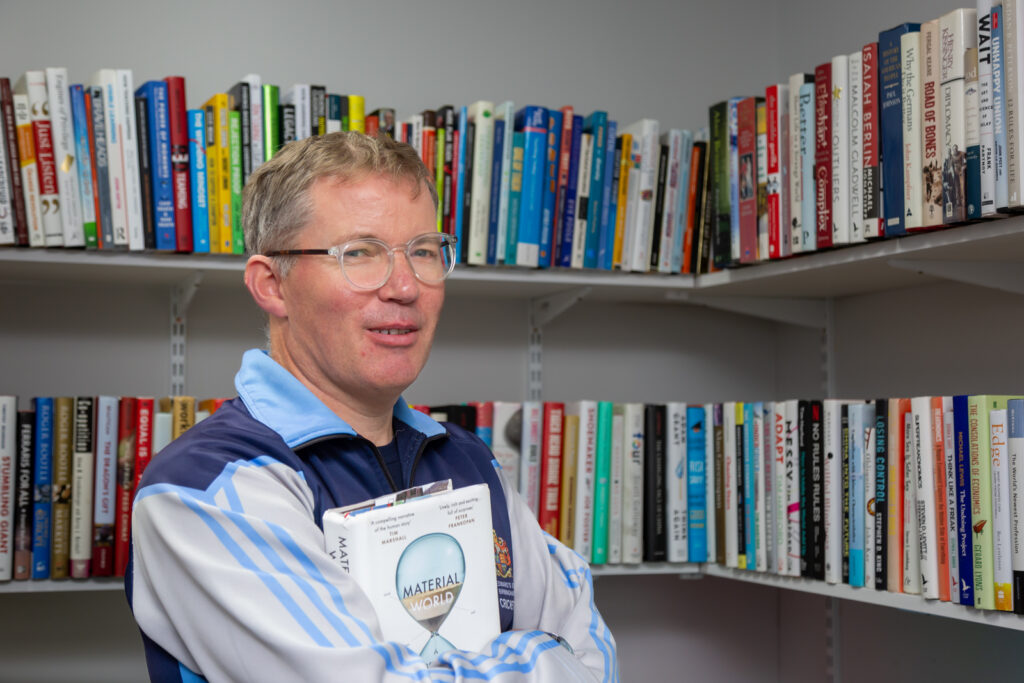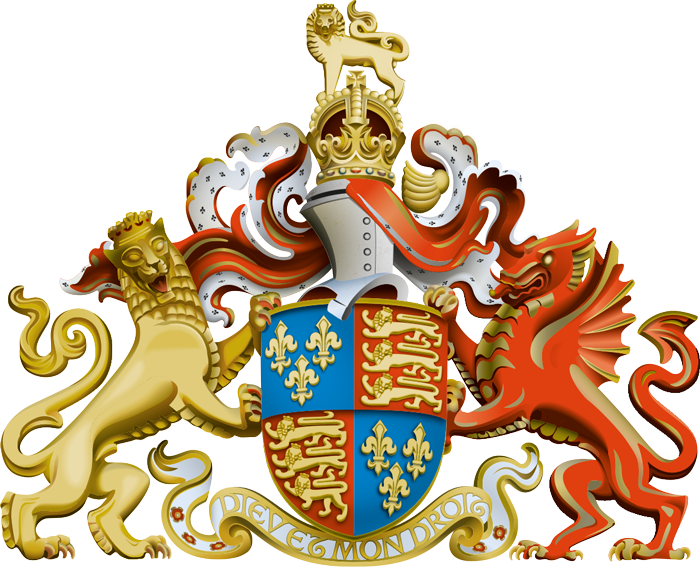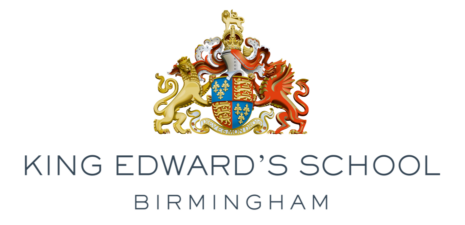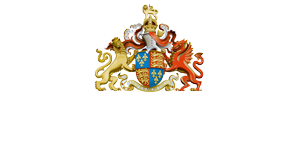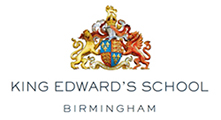Economics and Business Management

Economics and business management provide a window into the way the world operates and a greater understanding of issues that affect us all.
The department runs a Friday afternoon programme for boys in Year 7 to 9 to help develop their understanding of the business and economic world. This has looked at why firms come into being, simple problems of resource allocation, and an introduction to behavioural economics and ‘nudge’ theory. The aim has been to show boys in the Lower School how economists think, and how economic issues are pertinent to them.
Please note the school does not offer GCSE Economics or GCSE Business.
Both subjects can be studied at Higher or Standard Level as part of the IB Diploma.
Economics IB
John Maynard Keynes, perhaps the greatest economist of the modern era, once stated that an economist must be a “mathematician, historian, statesman, and philosopher – in some degree. He must understand symbols yet speak in words.”
Economics uses a wide variety of tools to understand how people behave when faced with the economic problem of scarcity; there is not enough to satisfy everyone’s wants, so difficult choices must be made.
The IB course covers the determination of prices using demand and supply analysis. Business costs and decisions about price and output are explored in the theory of the firm. The course also looks at those occasions when markets fail to allocate resources efficiently and the interventions that governments undertake in order to try and correct these so-called market failures.
Macroeconomics covers the economy as a whole, considering major issues such as unemployment, inflation and growth. The reasons why countries trade, the determination of exchange rates and economic integration are considered as part of international economics. The programme concludes by studying developing countries and the ways in which economic development occurs as well as the problems that arise from economic development.
The economy and economic decisions affect all of us and an understanding of economics is a useful attribute in any career. Boys undertaking the course should feel they are better able to interpret the world around them, in particular being able to engage in debates of critical importance to them in a new global economy.
Business Management IB
Any organisation needs managing, whether it be a small painting and decorating business, a large corporation like Tesco or Amazon, a hospital, a law firm, a school or a charity.
Business management investigates the principles that underlie the key areas of business activity and their application to the management of decision-making processes in organisations. As a multi-disciplinary subject, business management draws on knowledge from economics, marketing, accountancy, statistics, psychology, design and operational research.
The course covers how organisations work, how they react to changes in the economic, social and technological environment, and how they motivate people, organise their operations, develop and market new products, raise finance and use financial information.
The study of business management covers an important part of the environment in which we live and work, and one that affects us all through the creation of wealth. Skills developed through the course will be of use to boys in whatever career they enter.
Future careers
IB Economics is a good introduction to the subject at university, which is more mathematical than post-16 Economics. It is also a subject that leads to a number of interesting careers, notably in academia and financial services, banking and management consultancy. The applicability of economics extends beyond traditional fields, with a growing significance in environmental careers, which are expected to gain prominence in the years ahead.
Beyond the classroom
Students throughout the school are encouraged to enter a range of national business and economics competitions. There is also an Economics & Business Society that organises lunchtime visiting speakers to introduce boys to potential career paths and engage in topical debates.
The department has run a range of trips to support and develop the boys’ knowledge of the trials and travails of a modern global economy. However, the best way for boys to develop their understanding of the subject is to experience it: reflecting upon how they allocate their leisure time, thinking about the factors that influence their spending habits, and keeping abreast of current affairs in broadsheet newspapers and reputable websites.
Meet the Head of Department
Mr Watson
Mr Watson graduated with a PPE degree from Oxford, and has since taught Economics for 29 years: in Sri Lanka, where he also worked as a journalist and appeared in a Sinhalese teledrama, at Winchester, spending a decade as Head of Department and, albeit briefly, teaching Prime Minister, Rishi Sunak, and now currently at King Edward’s School.
He’s been a Principal Examiner in Economics, runs his own Economics blog Scoop It! and is a lead contributor to Tutor2U’s Economics blog, which gets over 1 million views each week. He’s married with two sons, one currently at King Edward’s School. Mr Watson is also a Vice-Chair of Governors at Park Hill Primary School, Moseley, and Junior Section Chairman and Committee Member at Moseley Ashfield Cricket Club. In his spare time he enjoys reading, cooking, drinking fine wine and watching sports. He loves adventurous travel, and met his wife on an island in the middle of the Zambezi River.
